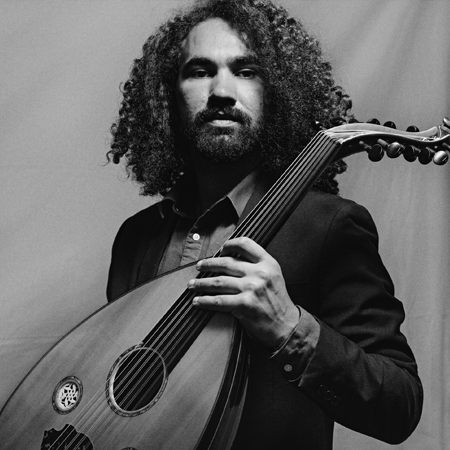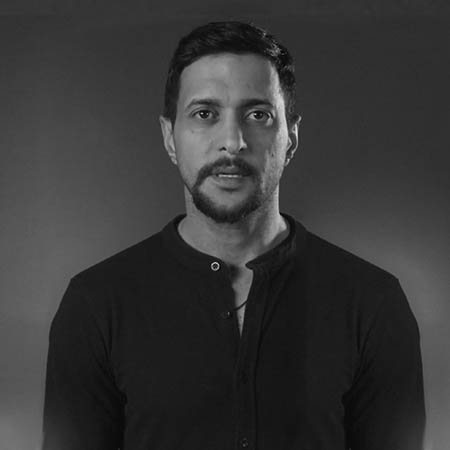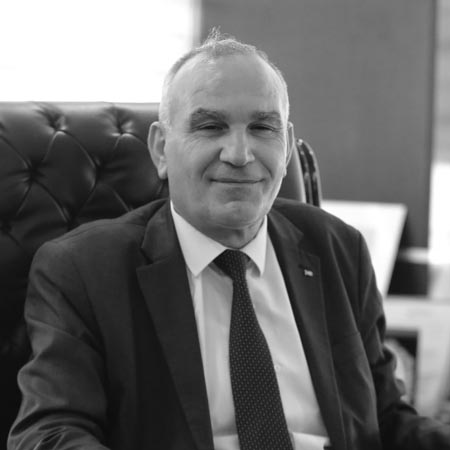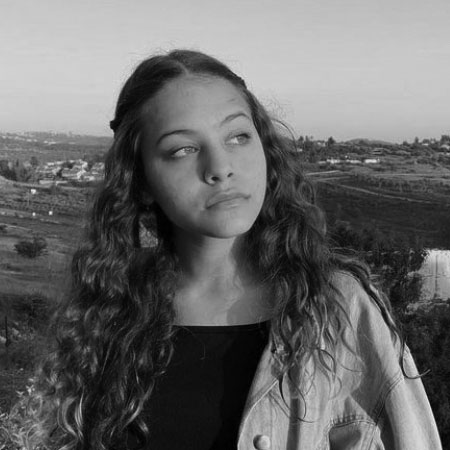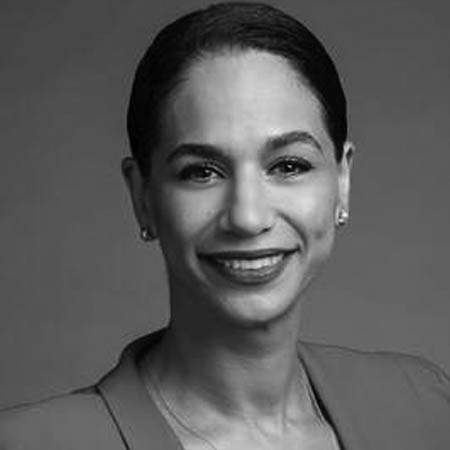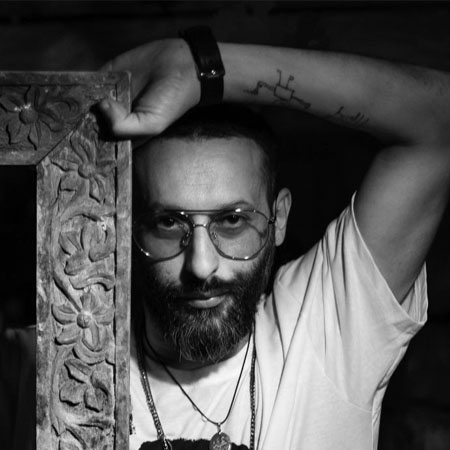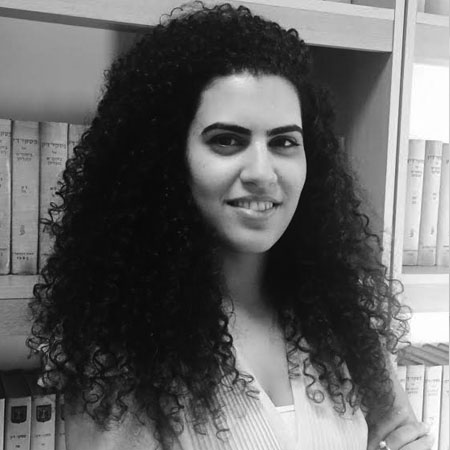First Session: Medical Records: Right to Access and Privacy Breaches
The COVID-19 pandemic has contributed to unveiling loopholes in Palestinian legislation. Throughout their struggle, over the past fifteen years, to pass an Access to Information law, Palestinians found themselves eye to eye with the dilemma of violating their right to privacy and the lack of minimum protection for their medical data. This impasse opened the door for many questions, such as what information are Palestinians entitled to access? How is their data processed? Who are the authorities who access citizens’ information? In addition to many other questions that remain unanswered. We also explore how the World Health Organization (WHO) approaches the privacy and protection of medical data globally. What steps has the WHO taken to raise the awareness of health institutions during the pandemic to protect patients’ privacy? What are the best practices embraced globally to preserve privacy and user data? The answer to these questions will help us understand the need for legislation on the right to privacy and data protection in Palestine!
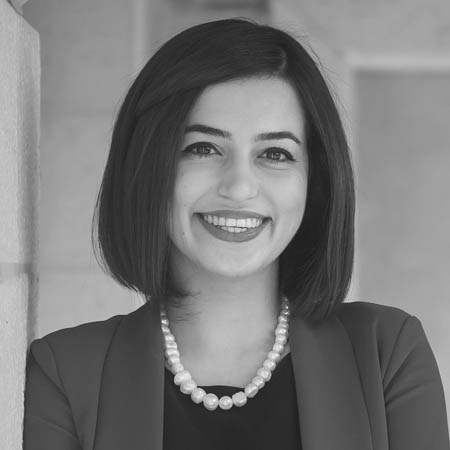
Mona Shtayya |
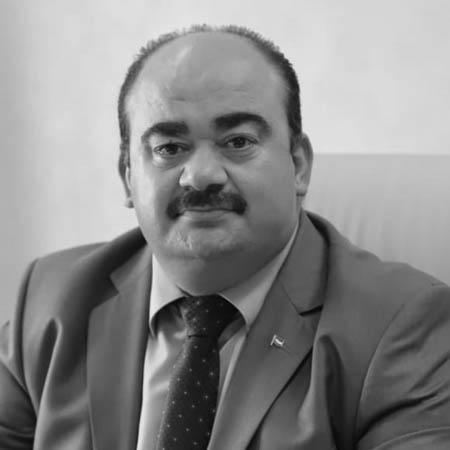
Wesam M. Sbehat |
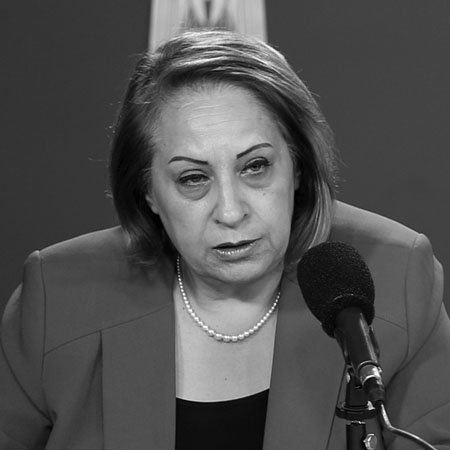
Shatha Odeh |
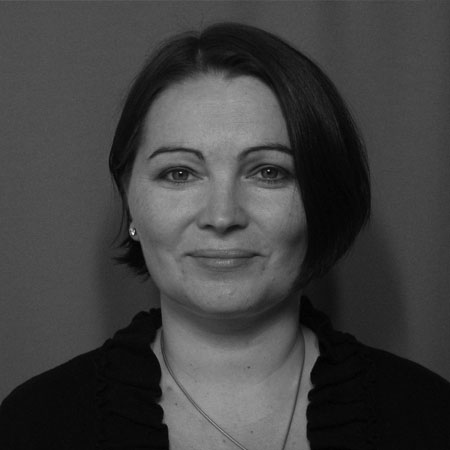
Gun Peggy Knudsen |
Inspirational Speaker
Jana Jihad will share with us her experience of using her mobile phone to document the Israeli army’s incursions into her town, Nabi Saleh, north of Ramallah. Jana will talk about how these materials and video clips became viral around the world, winning her the title of the Youngest Registered Journalist holding a press card in the world. She travels from one country to another to talk about issues of her country’s children and narrate their suffering due to the occupation.
Second Session: Misleading News: A Constant War Against Awareness
People often tend to spread misleading and fake news much more than real information, due to the power of misinformation to evoke emotions of fear and/or shock amongst readers and followers; additionally,it sometimes increases interaction and traffic on social media. These conclusions were asserted by a study conducted by three researchers at the Massachusetts Institute of Technology in 2018. For example, they found that it takes factual stories about six times as long to reach 1,500 people as it does for false stories to reach the same number. Such insights highlight the need to understand the ecosystem of communication over the internet. Misleading information and false stories find hotbeds in easily accessible social media to spread via a great many means such as tablets and smartphones with almost negligible costs and control. This session helps us explore and understand the effort exerted by social media, governments, and organizations in combating misinformation, shedding light on how misinformation is often used to infringe on digital rights, especially rights of expression and opinion.

Lana Dighish Shaheen |
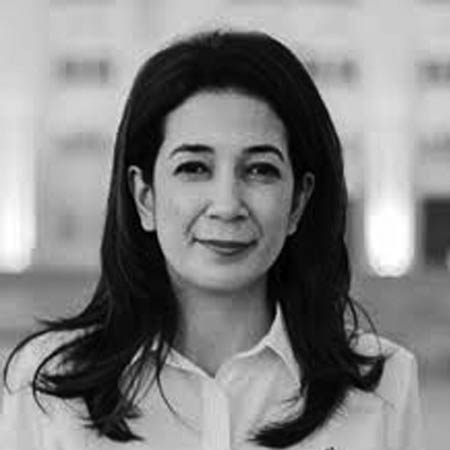
Abeer AlNajjar |
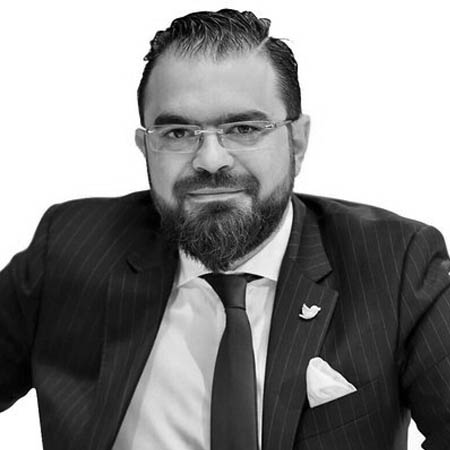
George Salama |
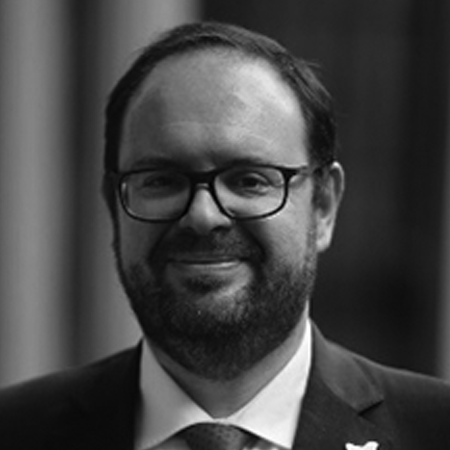
Guilherme Canela |
Workshop(Coinciding): Documenting Occupation Digitally: Palestine VR (Virtual Reality)
This event will feature virtual reality tours led by the PIPD team that will walk through selected cities of Palestine to exhibit the ways in which occupation and apartheid manifest geographically and physically. The workshop aims to provide the audience with the command of navigating the Palestine VR tours themselves and to share them with their communities to raise awareness
Third Session: From Screen to Streets: The Future of Arab and Palestinian Digital Activism
For about a decade, the Arab Spring began utilizing social media tools to mobilize people before taking to the streets. By the same token, activists utilized these platforms to mobilize, lobby, organize, and influence the region’s people. At present times, particularly over the past two years, governments have become more aware of social media’s instrumentality. Therefore, they extended their apparatus of repression to cyberspace by blacking-out the internet, detaining digital activists, and influencing the policies of such platforms. Despite these measures, governments could not entirely prevent activists from using these platforms to mobilize and organize local communities, and make their voices heard by international outlets and activists. This session presents a comprehensive overview of digital activism across the Arab region with a particular focus on Iraq over the past year and Lebanon and the October Revolution. It also discusses the integration of mobilization via the internet and on the ground, and how both complement each other.
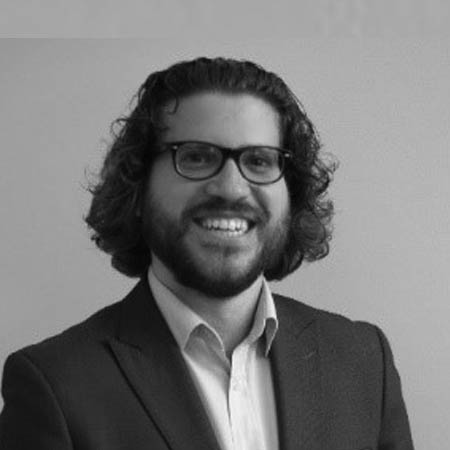
Alaa Tartir |
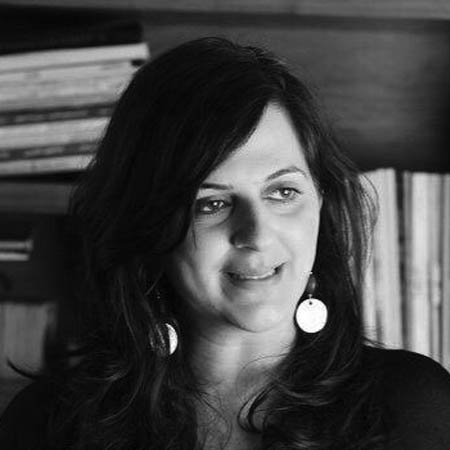
Neveen Abu Rahmoun |
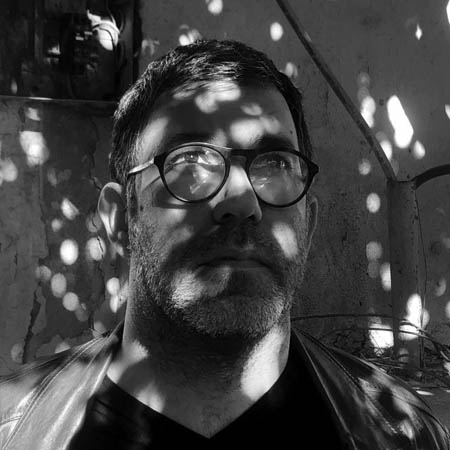
Mohamad Najem |
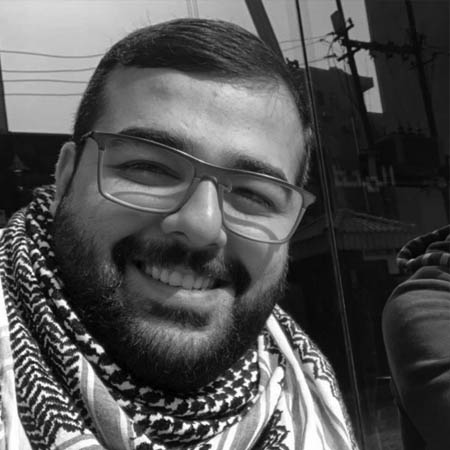
Hayder Hamzoz |
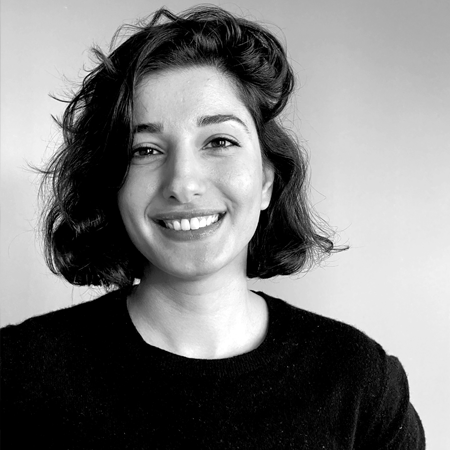
Marwa Fatafta |
Award Ceremony: Best Palestinian Digital Campaign
In honor of the efforts devoted by Palestinian activist and entrepreneurial groups and organizations, who were able to launch succesful digital campaigns to support their respective areas of work, 7amleh – the Arab Center for the Advancement of Social Media, will announce the Best Palestinian Digital Campaign 2020 Award, in the fields of human rights advoacy and awareness-raising, on the first day of the Palestine Digital Activism Forum (PDAF) 2021. The award targets campaigns that were able to create a positive social impact, and aims to shed light on the successful campaigns that emerged during the COVID-19 pandemic, as digital platforms became important instruments for institutional and human rights activism.
Webinar: Artificial Intelligence: Bias, Racism, and Social Change
A simplified introductory workshop on artificial intelligence and machine learning: how does this technology work? What are the prospects of this technology? How can it contribute to social change? The event presents the problems that might emerge from such technologies in various fields and how its programming might result in bias or racism.
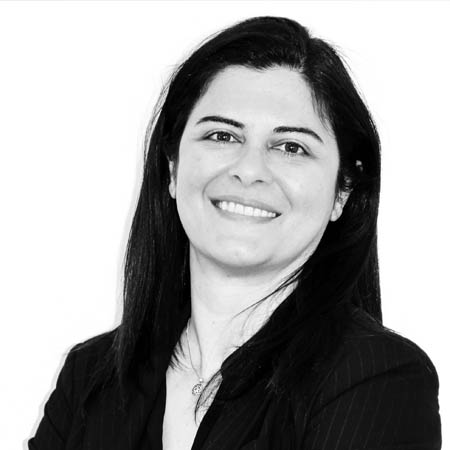
Angelique Abboud |
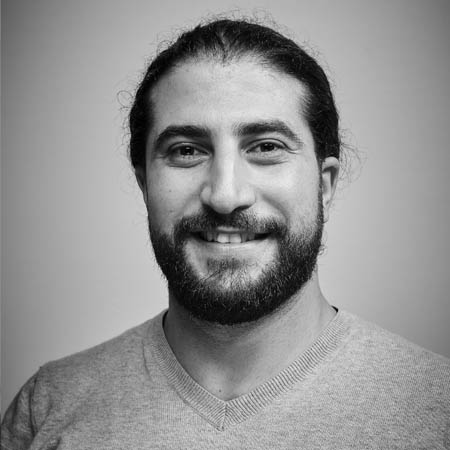
Akram Dweikat |

